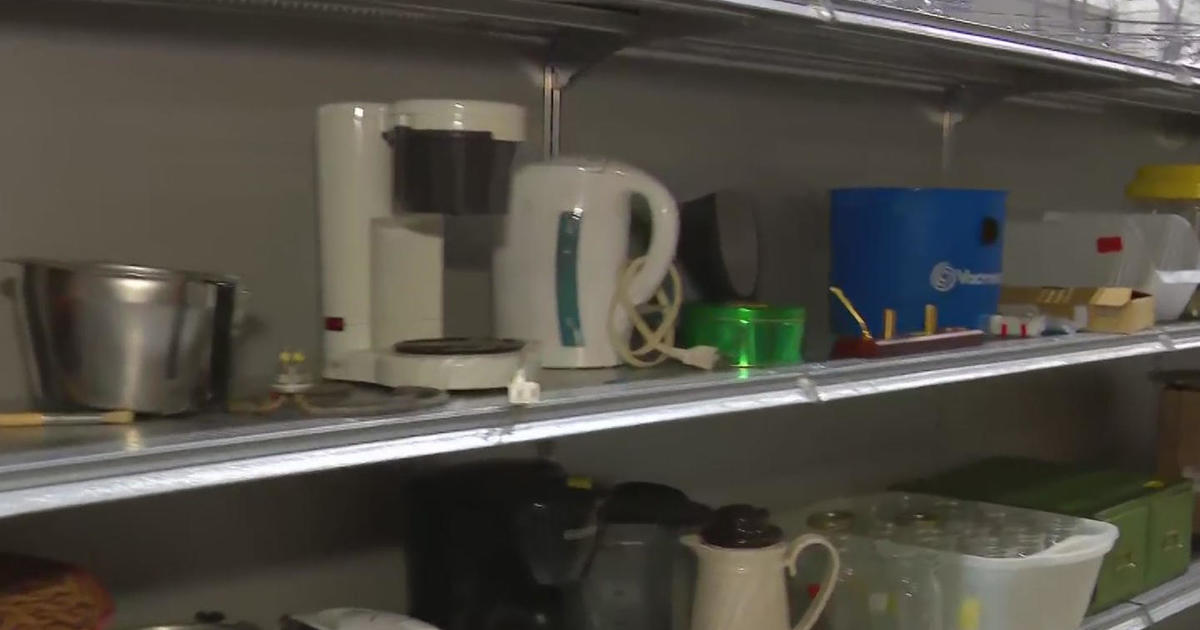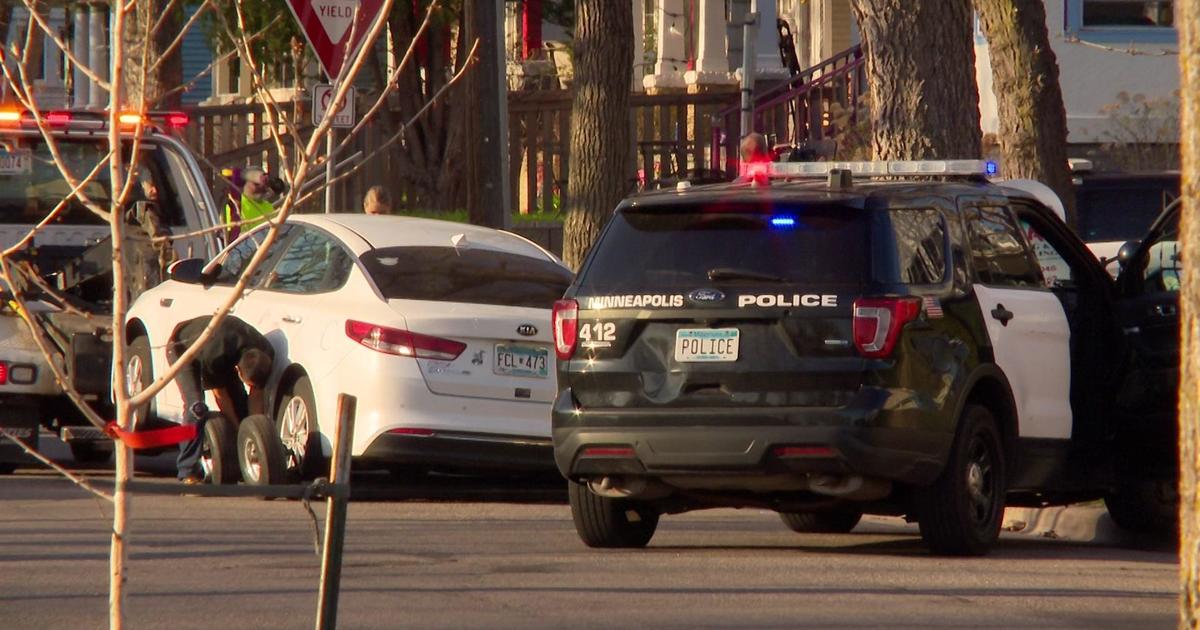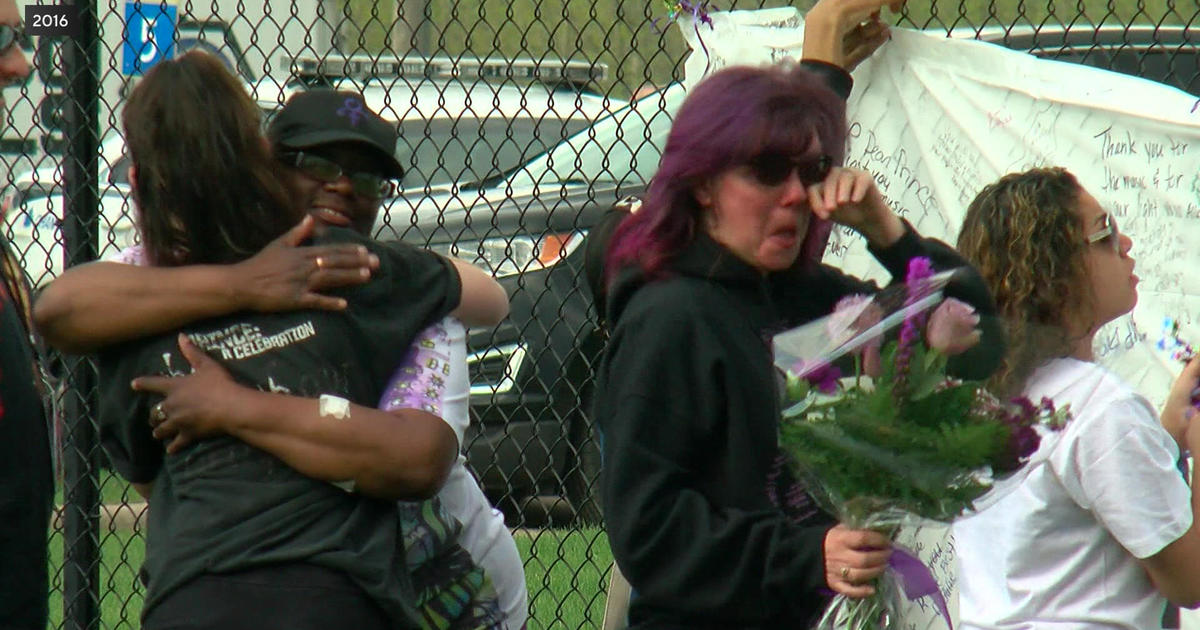Union: Nurses Want Proof Minn. Hospitals Are Ready To Fight Ebola
MINNEAPOLIS (WCCO) – Here in Minnesota, the union that represents thousands of nurses is asking for better training and better gear to deal with Ebola.
Members of the Minnesota Nurses Association voted in favor of a resolution that calls on hospitals to provide the highest level of protective equipment, such as hazardous materials suits.
In the final hours of their annual meeting Tuesday night, members of the union also took an informal survey.
A show of hands revealed that only two of the 150 nurses there felt adequately prepared to treat Ebola patients.
On Wednesday, WCCO's Angela Davis spoke with the leader of another nurses' group with similar concerns.
Katheren Koehn is the executive director of the Minnesota Organization of Registered Nurses, an affiliate of the American Nurses Association.
"In times like this, it makes it kind of scary," she said.
Koehn says the current strategies in place at U.S. hospitals may simply be outdated.
"This is new. And looking at the experience in West Africa, it seems that we may need to step that up a notch. And develop some new training around that too," she said.
Koehn said the group Doctors Without Borders has had medical workers on the ground in West Africa for months.
They've treated thousands of Ebola patients, yet few of their volunteers have contracted the disease.
"They do two days of training before they go in-country. And they believe that you have to do it as buddies. So, putting on the protective gear, you do it with somebody. Somebody is watching you and you are watching somebody. When you take it off, you're doing it as a buddy," she said.
She says some nurses here are telling her their hospitals have not done a great job of communicating the details of their Ebola plan.
"Nurses are saying that they have been hearing from the hospitals that they are doing steps in order to prepare, but nurses don't always know what those steps are. And they want to be partners in planning for how to take care of Ebola patients if they come," she said.
Getting back to Doctors Without Borders, Koehn says something else they do is check temperatures of their doctors and nurses four times a day to make sure a fever is not developing, and it's not self-monitoring.
Someone else does it.
Koehn thinks that hospitals should be using the simulation labs that many of them have for training nursing students, but also additional training for staff.
It would involve taking time to go through and demonstrate all the steps that should be taken if someone walks in the hospital, showing the early symptoms of Ebola.



